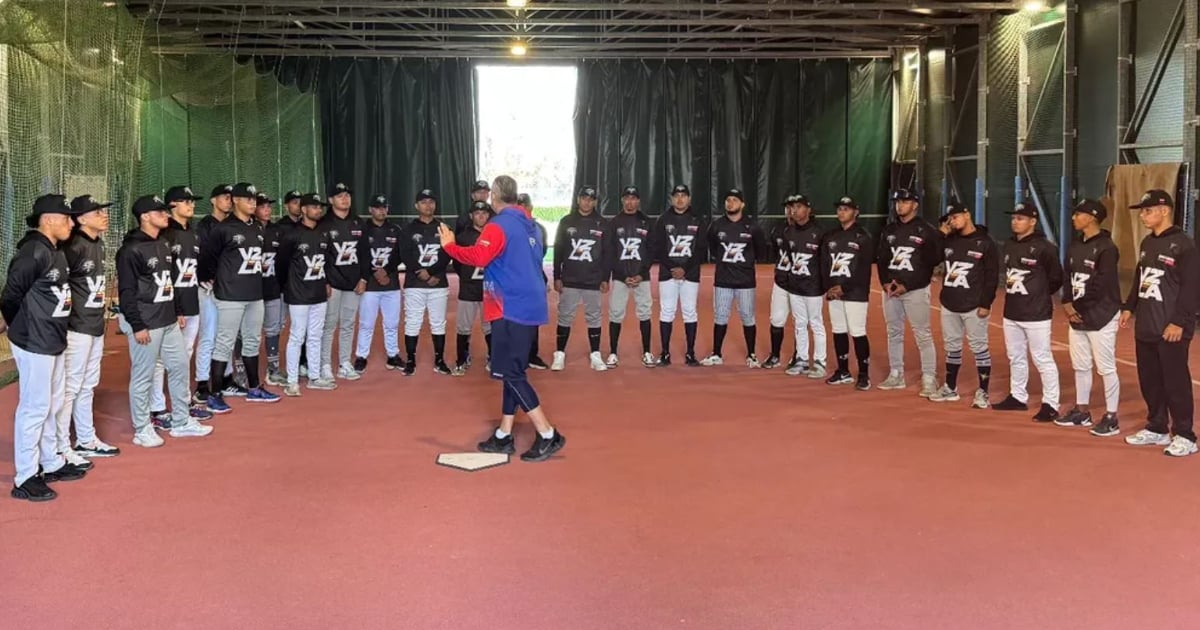A group of 19 young Venezuelan baseball players, including two minors, requested asylum at a National Police station in Barcelona, Spain, on Monday, choosing not to return to their homeland amidst a landscape of hopelessness and scarcity. Known as Team Guevara, the team was scheduled to fly back to Caracas the same day after participating in several friendly games across Europe. However, after wandering without shelter in Barcelona's bustling streets, they collectively decided to stay and seek refuge.
This incident, first reported by the newspaper El País and later confirmed by official sources, underscores the severity of the Venezuelan migration crisis, now extending even to sports delegations. The young athletes gathered at the police headquarters in the Sarrià-Sant Gervasi district, where asylum requests are managed, with the team captain acting as their spokesperson.
A System Overwhelmed by Unstoppable Reality
Under normal circumstances, each asylum seeker must arrange an appointment through a slow and overwhelmed bureaucratic system. Nonetheless, the immigration officers expedited the process, immediately scheduling interviews for the team. By Tuesday, formal statements from the asylum seekers were being recorded, with their case set to be forwarded to Madrid for a decision on their migration status.
Carlos Prieto Gómez, the Government Delegate in Catalonia, confirmed on the social platform X that the rights of all involved, particularly the minors, are being safeguarded. The minors have been placed under the protection of the Generalitat's child welfare system.
Humanitarian and Legal Assistance Underway
The Barcelona City Council's Service for Immigrants, Emigrants, and Refugees (SAIER) is guiding the group through the necessary steps. The adult players have been referred to the Reception, Care, and Referral Center (CREADE) for potential inclusion in the national asylum seeker program. Legal and social counseling is also being provided, according to the EFE news agency.
This situation not only highlights Venezuela's internal crisis but also the strain on Spanish institutions to manage an increasing influx of migrants, many of whom face extreme vulnerability.
Venezuelans in Spain: A Relentless Exodus
Currently, over 390,000 Venezuelans reside in Spain, as reported by the National Statistics Institute (INE) and cited by EFE. This figure has surged tenfold over the past decade. In the first three quarters of 2024 alone, more than 65,000 Venezuelans arrived in search of stability and opportunity.
Since the intensification of the political, economic, and social crises under Nicolás Maduro's regime, over 8 million Venezuelans have left their country, forming one of the largest diasporas globally.
Sports No Longer an Exception
The Venezuelan baseball team's collective asylum request sets a rare but telling precedent. Even sports delegations are not spared from the mass exodus. What was meant to be a competitive experience turned into a desperate escape.
The young athletes have chosen to remain in a country that offers them the hope of a different future, far from the hunger, violence, and repression still plaguing Venezuela. Similarly, Cuban athletes have opted to escape the grip of Havana's communist regime, a decision that results in an eight-year ban from returning to the island if they are part of an official delegation.
The Venezuelan Migration Crisis
Why did the Venezuelan baseball team seek asylum in Spain?
The team sought asylum due to the dire conditions in Venezuela, including hopelessness and scarcity. They decided to stay in Spain after experiencing the challenges of life back home.
How has the Venezuelan migration crisis affected Spain?
Spain has seen a significant increase in Venezuelan migrants, putting pressure on its institutions to provide assistance and manage the growing number of asylum seekers.
What assistance is being provided to the Venezuelan baseball team in Spain?
The team is receiving guidance from Barcelona's SAIER, legal and social counseling, and potential inclusion in Spain's national asylum seeker program.
